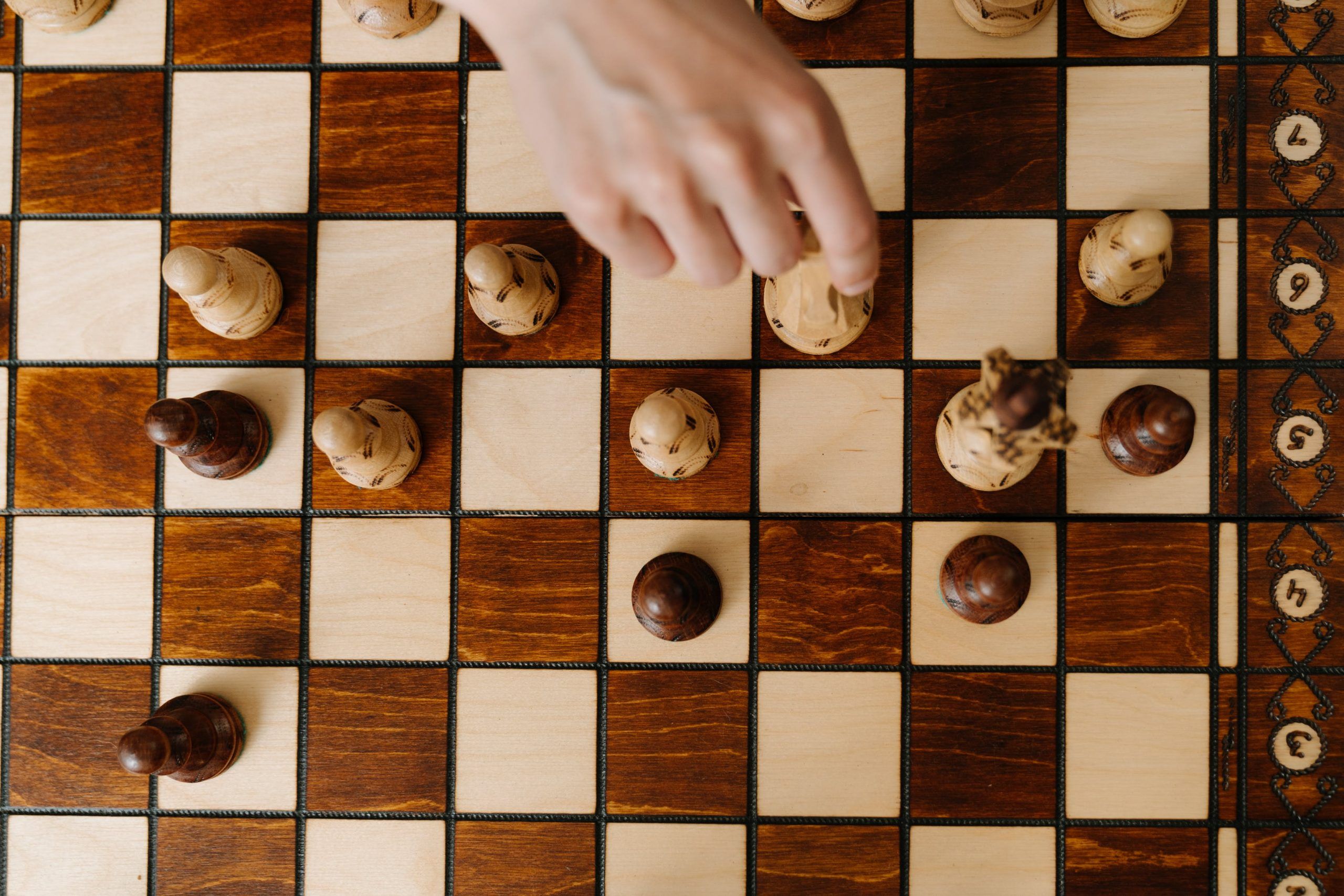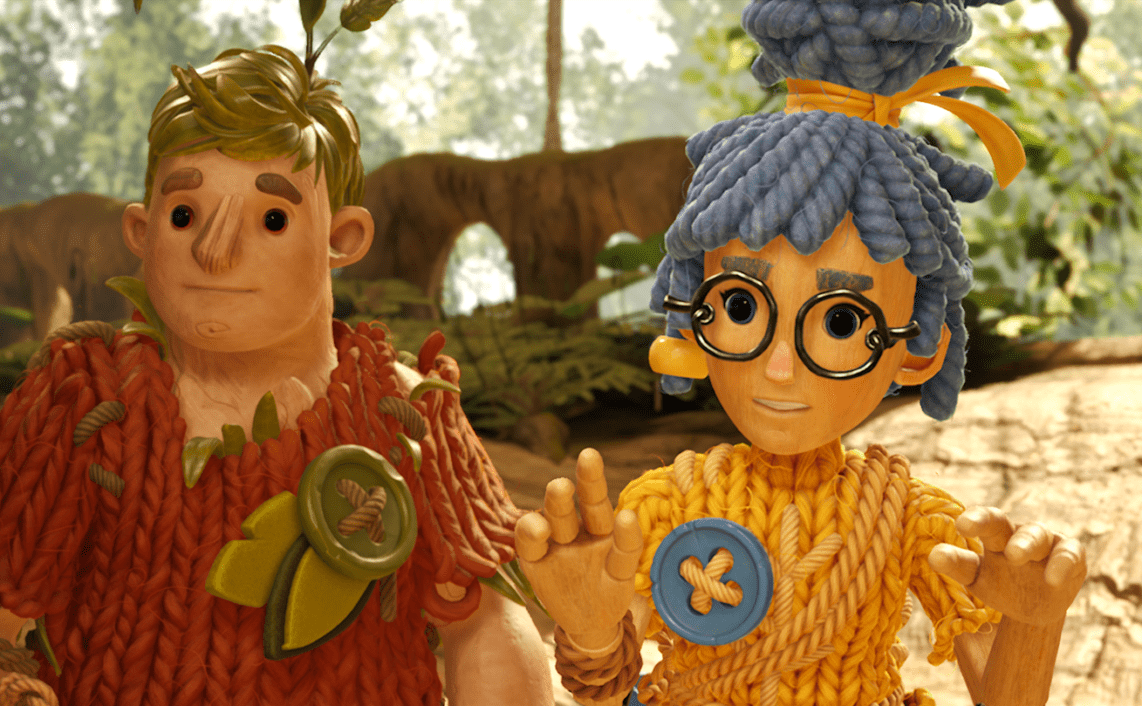As international master Levy Rozman puts it – there are few games in the world that teach you more about yourself than chess. In my case, it helped me find a sense of control and strategies on how to deal with unforseen consequences. Things that I struggle with in daily life due to my anxiety. And traits that have rarely been challenged more than in the 2020s.
Anxiety is an emotion characterized by an unpleasant state of inner turmoil and includes subjectively unpleasant feelings of dread over anticipated events. It is often accompanied by nervous behavior such as pacing back and forth, somatic complaints, and rumination. Sitting down at the chess board, that holds no secrets to either player, is a welcome contrast to the chaos of hidden complications and imbalanced distribution of information in the real world, that made life exhausting for me when I got ill.
The chess board, that holds no secrets to either player, is a welcome contrast to the chaos of hidden complications and imbalanced distribution in information in the real world.
Granted, there are also a lot of events in a chess game that I don’t see coming. After all, there are over a thousend known chess openings and allmost 9.000 possible positions after move three alone. Thus, there is an argument to be made that there is quite the uncertainty involved in playing a game of chess against an opponent that came prepared with some surprises up the sleve. But this lack of knowlage towards the nature of the match comes down to my qualaties as a chess player and my diligence in analyzing the best moves, rather than the solution to the problem being hidden away from my sight, outside of my sphere of influence. Being empowered to make my own decisions on how to react to my opponent’s moves brings a satisfying sense of control over the situation, even if things should turn out to go south in the end. In that case, at least it was me in the driving seat taking the wrong turn, knowing that the chess board gifts me all the information needed to learn from a mistake and make a better decision the next time I find myself at this junction.
Negative emotions stay contained within the 64 squares of the chess board and do not spread easily to my real world fears.
Allthough chess rage and negative emotions about mistakes and failure are certainly real (my desk is shivering in fear), in chess they stay contained within the 64 squares of the chess board and do not spread easily to my real world fears, where they could nurture my anxiety. Chess, as complicated and exhausting as it can be at times, is a welcome taste of distraction for the mind and bliss for the soul, that is otherwise bombarded with bad news and bleak prospects from both the outside world and the anxiety within.
〈 If you too are suffering from mental issues, you are not alone. It is okay to ask for help and possible to get treatment, please do so and talk to your doctor. You can also call these numbers of the german pastoral care office for free.
0800 / 111 0 111 & 0800 / 111 0 222 〉




